In a paper published recently in the Proceedings of the National Academy of Sciences (PNAS), researchers, Ben Brown,Head of Berkeley Lab’s Molecular Ecosystems Department and Bin Yu, Professor of Statistics at UC Berkeley, describe a technique called “iterative Random Forests,” which they say could have a transformative effect on any area of science or engineering with complex systems, including biology, precision medicine, materials science, environmental science, and manufacturing, to name a few. “There are 10170 possible molecular interactions in a single cell. That creates considerable computing challenges in searching for relationships,” said Ben Brown, “Our method enables the identification of interactions of high order at the same computational cost as main effects — even when those interactions are local with weak marginal effects.”
The method developed by the team led by Brown and Yu, iterative Random Forests (iRF), builds on an algorithm called random forests, a popular and effective predictive modeling tool, translating the internal states of the black box learner into a human-interpretable form. Their approach allows researchers to search for complex interactions by decoupling the order, or size, of interactions from the computational cost of identification.
Read more here.

